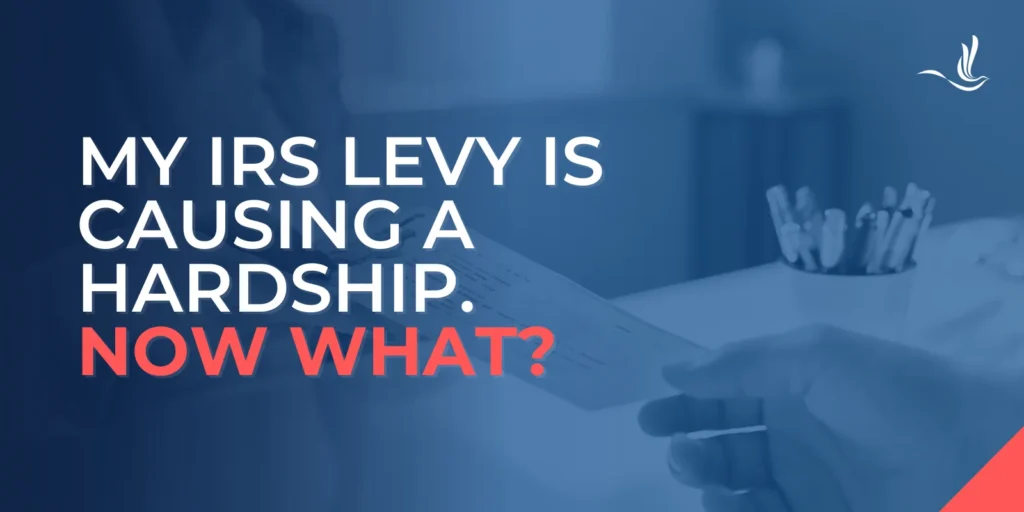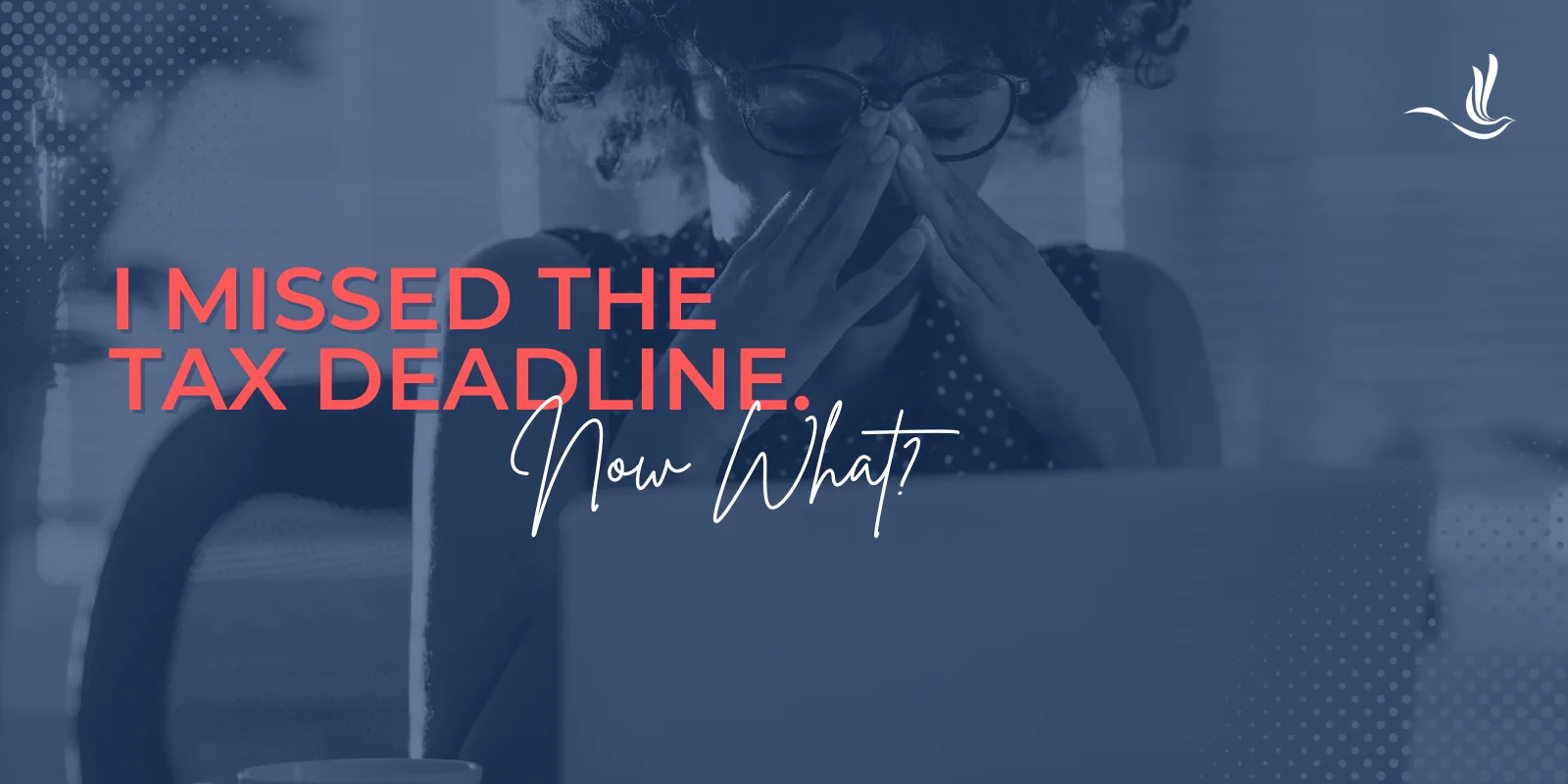Dealing with an IRS levy can be incredibly stressful, especially when it creates a significant financial hardship. A levy allows the IRS to legally seize your assets, such as bank accounts, wages, and other property, to satisfy a tax debt. If this action is making it difficult to cover basic living expenses, it’s essential to know your options for relief.
Understand the Situation
First, ensure that the levy is, in fact, causing a hardship. A financial hardship is typically defined as a situation where the levy leaves you unable to meet basic, reasonable living expenses. These include things like rent, utilities, food, and medical costs. If you’re struggling to pay for these necessities due to the levy, you likely qualify for relief.
Request a Release of Levy
If you believe the levy is causing a hardship, you can request the IRS to release it. To do this, contact the IRS immediately. You’ll need to explain your situation and provide financial information to demonstrate that the levy is preventing you from meeting your basic needs.
You can contact the IRS at the number provided on your levy notice. Be prepared to discuss your financial situation in detail. Next, you’ll need to submit Form 433-A. This is a Collection Information Statement for Wage Earners and Self-Employed Individuals. It provides the IRS with a detailed picture of your income, expenses, assets, and liabilities. You may also need to submit documents such as pay stubs, bank statements, and bills to prove your financial hardship.
Other Tax Relief Options
You can also look into other forms of tax relief if your IRS levy is causing a hardship. An Offer in Compromise (OIC) is an agreement between you and the IRS that settles your tax debt for less than the full amount you owe. This option may be available if paying the full tax liability would cause financial hardship. To apply, you’ll need to submit Form 656 and provide detailed financial information. While this option can provide significant relief, it’s important to understand that the IRS approves only a small percentage of OIC applications. The process is rigorous, and you may want to consult a tax professional to increase your chances of success.
If a full release of the levy isn’t possible, you may be able to negotiate an installment agreement. This allows you to pay off your tax debt over time in smaller, more manageable payments. While the IRS may not release the levy entirely, they may adjust it to a level that no longer creates a hardship.
Appeal the Levy
If you believe the levy was wrongfully applied or if you disagree with the IRS’s decision, you have the right to appeal. You can request a Collection Due Process (CDP) hearing, where you’ll have the opportunity to present your case. During this hearing, you can propose alternatives to the levy, such as an installment agreement or Offer in Compromise.
Seek Professional Help
Navigating the complexities of tax laws and IRS procedures can be challenging, especially when you’re under the pressure of a levy. Consider consulting a tax professional, such as a certified public accountant (CPA), enrolled agent, or a tax attorney, who can help you negotiate with the IRS and explore your options for relief.
Prepare for the Future
Once the immediate crisis is resolved, take steps to prevent future tax issues. Set up a payment plan with the IRS if you still owe back taxes and ensure that you stay current with all future tax obligations. Consider working with a tax professional to manage your finances and avoid falling into similar situations in the future.
Tax Help for Those Being Levied by the IRS
An IRS levy can be overwhelming, but it’s important to know that options are available, especially if it’s causing a financial hardship. By taking proactive steps, communicating with the IRS, and seeking professional help, you can work towards resolving the issue and regaining financial stability. Optima Tax Relief is the nation’s leading tax resolution firm with over $3 billion in resolved tax liabilities.
If You Need Tax Help, Contact Us Today for a Free Consultation
Publisher: Source link











